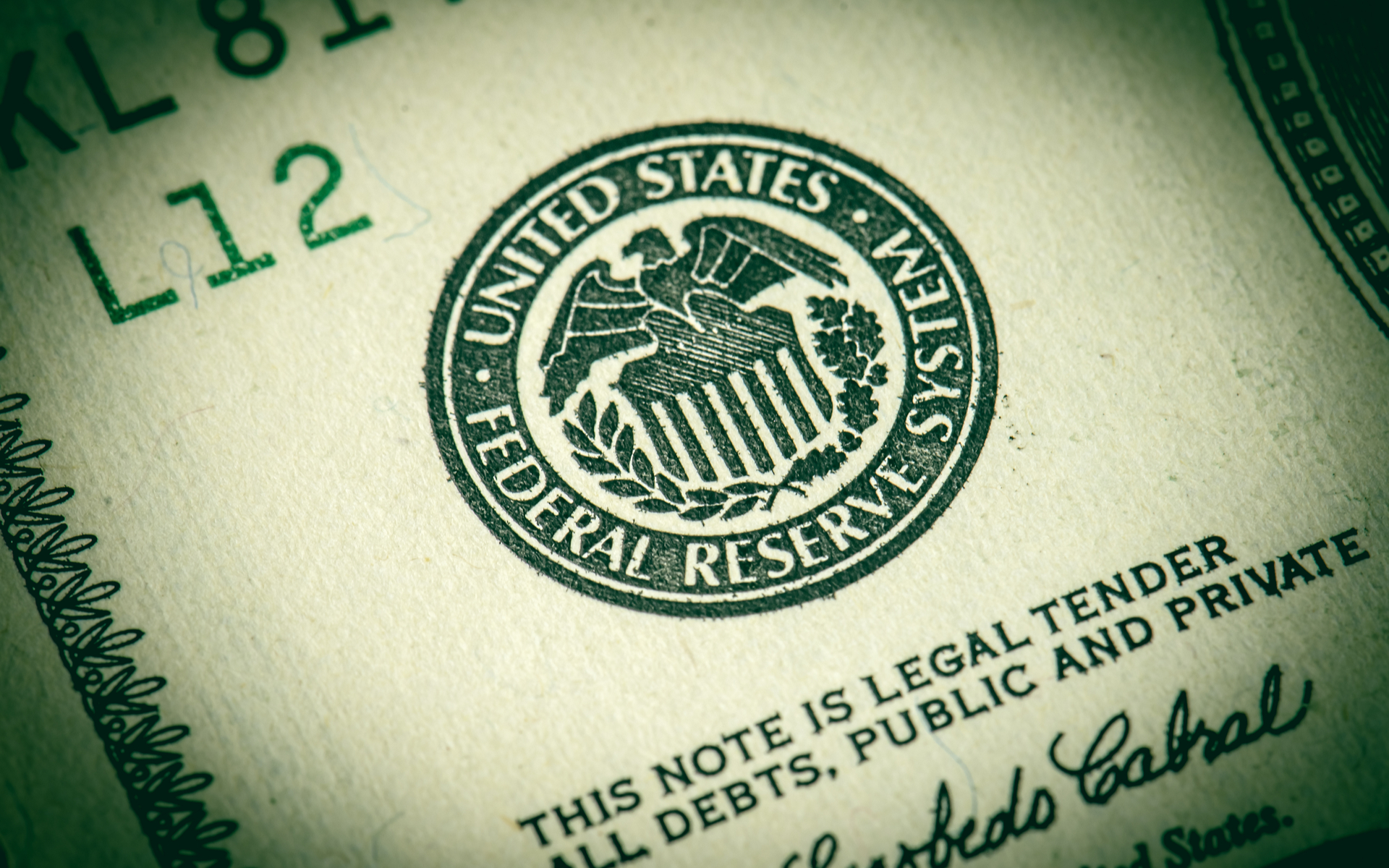PALO ALTO, Calif. (Reuters) - The Federal Reserve is taking a look at a broad variety of concerns around digital payments and currencies, including policy, style and legal considerations around potentially releasing its own digital currency, Governor Lael Brainard said on Wednesday. Brainard's remarks suggest more openness to the possibility of a Fed-issued digital coin than in the past." By changing payments, digitalization has the possible to deliver greater worth and convenience at lower expense," Brainard said at a conference on payments at the Stanford Graduate School of Business.
Main banks globally are discussing Home page how to handle digital finance innovation and the distributed journal systems utilized by bitcoin, which guarantees near-instantaneous payment at potentially low expense. The Fed is developing its own day-and-night real-time payments and settlement service and is currently reviewing 200 remark letters sent late in 2015 about the proposed service's design and scope, Brainard stated.
Less than two years ago Brainard told a conference in San Francisco that there is "no compelling showed requirement" for such a coin. However that was before the scope of Facebook's Click here for more info digital currency aspirations were widely known. Fed authorities, including Brainard, have raised issues about consumer securities and data and privacy threats that might be presented by a currency that might enter into usage by the 3rd of the world's population that have Facebook accounts.
" We are working together with other reserve banks as we advance our understanding of reserve bank digital currencies," she said. With more nations looking into releasing their own digital currencies, Brainard said, that adds to "a set of reasons to also be making sure that we are that frontier of both research and policy advancement." In the United States, Brainard said, issues that need research study consist of whether a digital currency would make the payments system safer or easier, and whether it could pose monetary stability threats, including the possibility of bank runs if cash can be turned "with a single swipe" into the central bank's digital currency.
To counter the monetary damage from America's unprecedented national lockdown, the Federal Reserve has actually taken extraordinary steps, including flooding the economy with dollars and investing straight in the economy. The majority of these relocations got grudging acceptance even from many Fed skeptics, as they saw this stimulus as needed and something just the Fed could do.
My brand-new CEI report, "Government-Run Payment Systems Are Hazardous at Any Speed: The Case Versus Fedcoin and FedNow," details the threats of the Fed's existing prepare for its FedNow real-time payment system, and propositions for main bank-issued cryptocurrency that have actually been dubbed Fedcoin or the "digital dollar." In my report, I discuss issues about personal privacy, information security, currency control, and crowding out private-sector competitors and development.
Advocates of FedNow and Fedcoin state the federal government must create a system for payments to deposit immediately, rather than encourage such systems in the economic sector by raising regulative barriers. But as kept in mind in the paper, the personal sector is supplying an apparently unlimited supply of payment innovations and digital currencies to resolve the problemto the level it is a problemof the time gap between when a payment is sent out and when it is received in a checking account.
And the examples of private-sector development in this location are lots of. The Cleaning Home, a bank-held cooperative that has actually been routing interbank payments in different types for more than 150 years, has actually been clearing real-time payments since 2017. By the end of 2018 it was covering 50 percent of the deposit base in the U.S.
